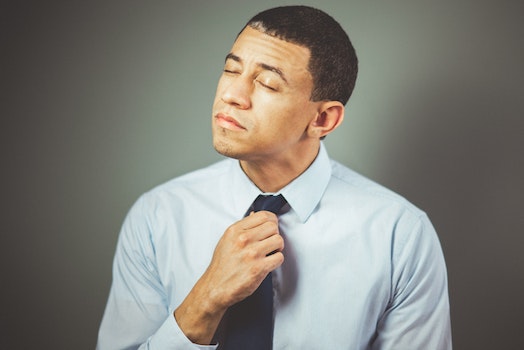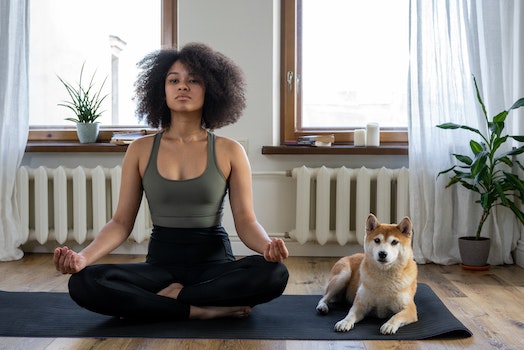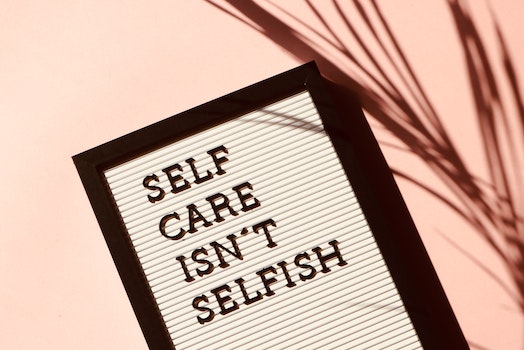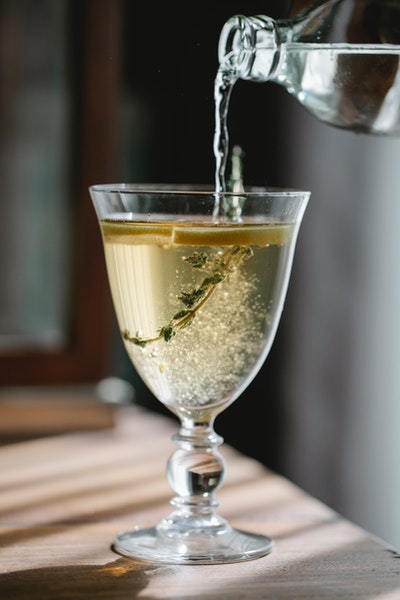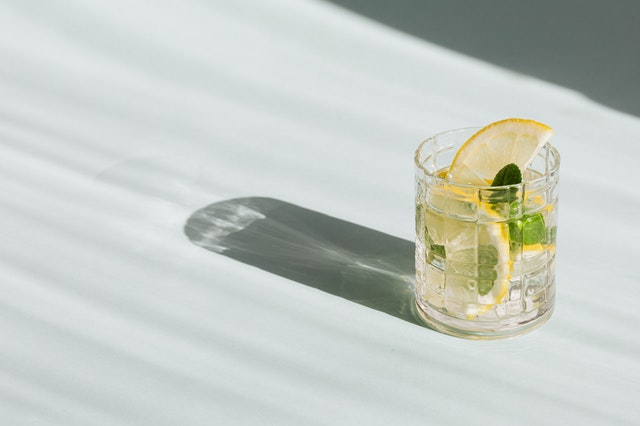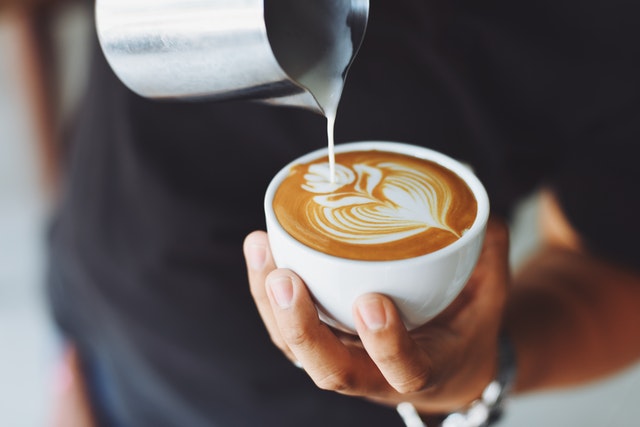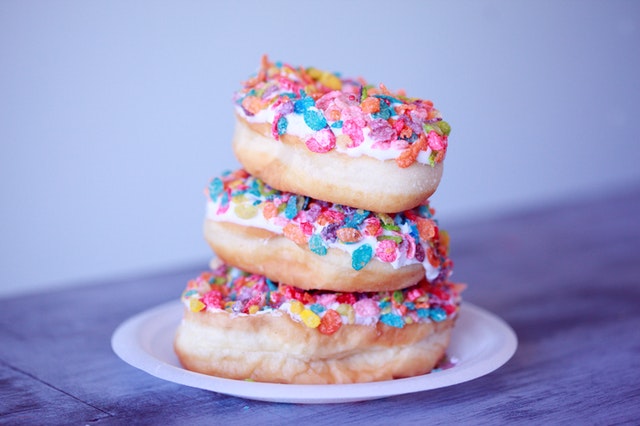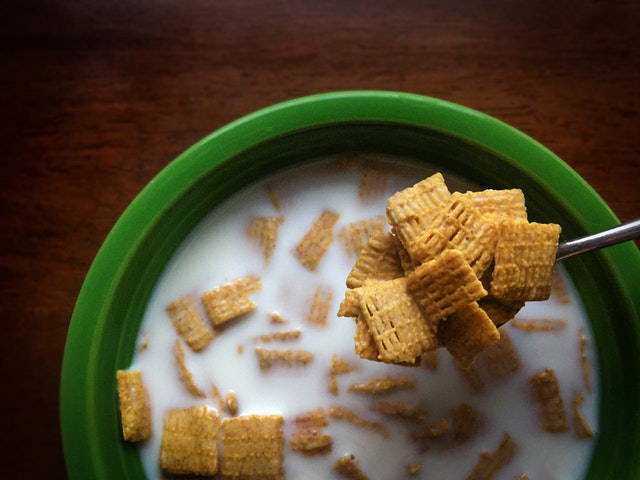Do you recognize the signs when your mental health needs TLC? Anxiety, irritability, insomnia and depression aren't normal. They're your brain's way of saying, "I need a spa day!" One of the best things you can do is make time every week for a hobby. What are the best hobbies for mental health?
1. Singing
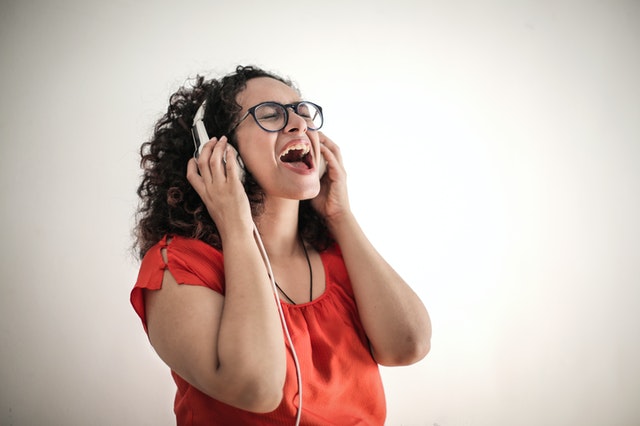
Music is amazing for your heart and mind. It has the power to touch your emotions. Whenever I feel depressed or sluggish, I pop in my favorite records (now they’re on a USB stick) and go wild. Singing connects you with music on a deeper level and helps you remember happy memories with loved ones. If you want to improve your technique, sign up for vocal lessons at the community college.
2. Playing a Musical Instrument

Happy or sad, when you play your instrument, you let your emotions flow in a healthy way. Learning to play a musical instrument gives you a sense of satisfaction and boosts your self-esteem. It’s also good for keeping your brain sharp. The guitar, piano, ukulele, harmonica and drums are fairly easy for adults.
3. Jamming

I really love music. It offers so many possibilities for chasing the blues away. Jamming means playing in a band with friends or family members. This hobby it exercises your memory and keeps your mind active. It's also a surefire cure for loneliness.
4. Dancing

Dance in your living room in your socks. Invite a special someone to take ballroom dancing lessons. Go to YouTube to find the latest dancing crazes and learn the steps. Every kind of dancing offers mental health benefits.
Dancing combines exercise with music. Physical activity is a smart idea if you’re depressed because it activates feel-good hormones called endorphins. Just let go as the rhythms flow through your body. You can literally dance your worries away!
5. Gardening

Sunshine, fresh air, blue skies, green plants and beautiful flowers are a perfect recipe for getting rid of stress. They take your mind off other things and let you appreciate the little things in life. On days when the phone keeps ringing off the hook, this is my way of telling the world to leave me alone for an hour. Make yourself some refreshing iced tea with lemon ahead of time!
6. Photography

Creative activities exercise all parts of your brain: imagination, problem solving, decision making, memory and analysis skills. Your brain’s neural pathways keep growing and adapting. Photography is an excellent way to put your creativity to good use.
To take the mental health benefits to the next level, go for a hike with your camera. Hiking in nature, and stopping to snap pictures of beautiful scenes, can break up repetitive negative thoughts and replace them with positive emotions. By the time you get back home, I guarantee you’ll have a big smile.
7. Cooking Classes
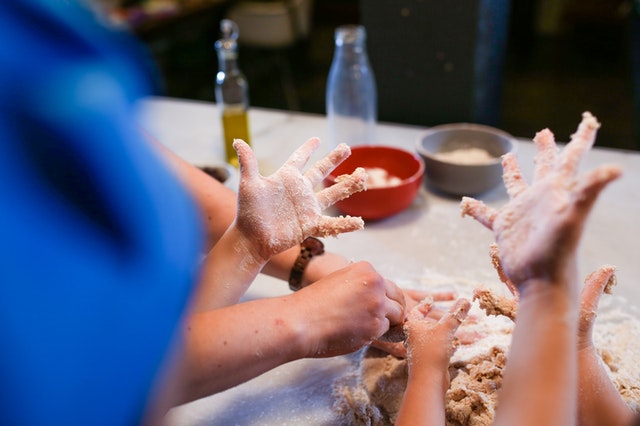
One of my favorite hobbies is inviting a few friends over to my house for girls’ night and paying for a cooking class in my kitchen. We drink a little wine, learn to cook some exotic food together and feel way happier afterward. YouTube is a cheap substitute when you want to learn a new recipe, eat delicious comfort food and show off for friends.
Hobbies are good for your physical brain and your emotional wellbeing. They protect your mental health and lower stress. And when you're happier, it benefits your entire body, from your immune system to your blood pressure!



